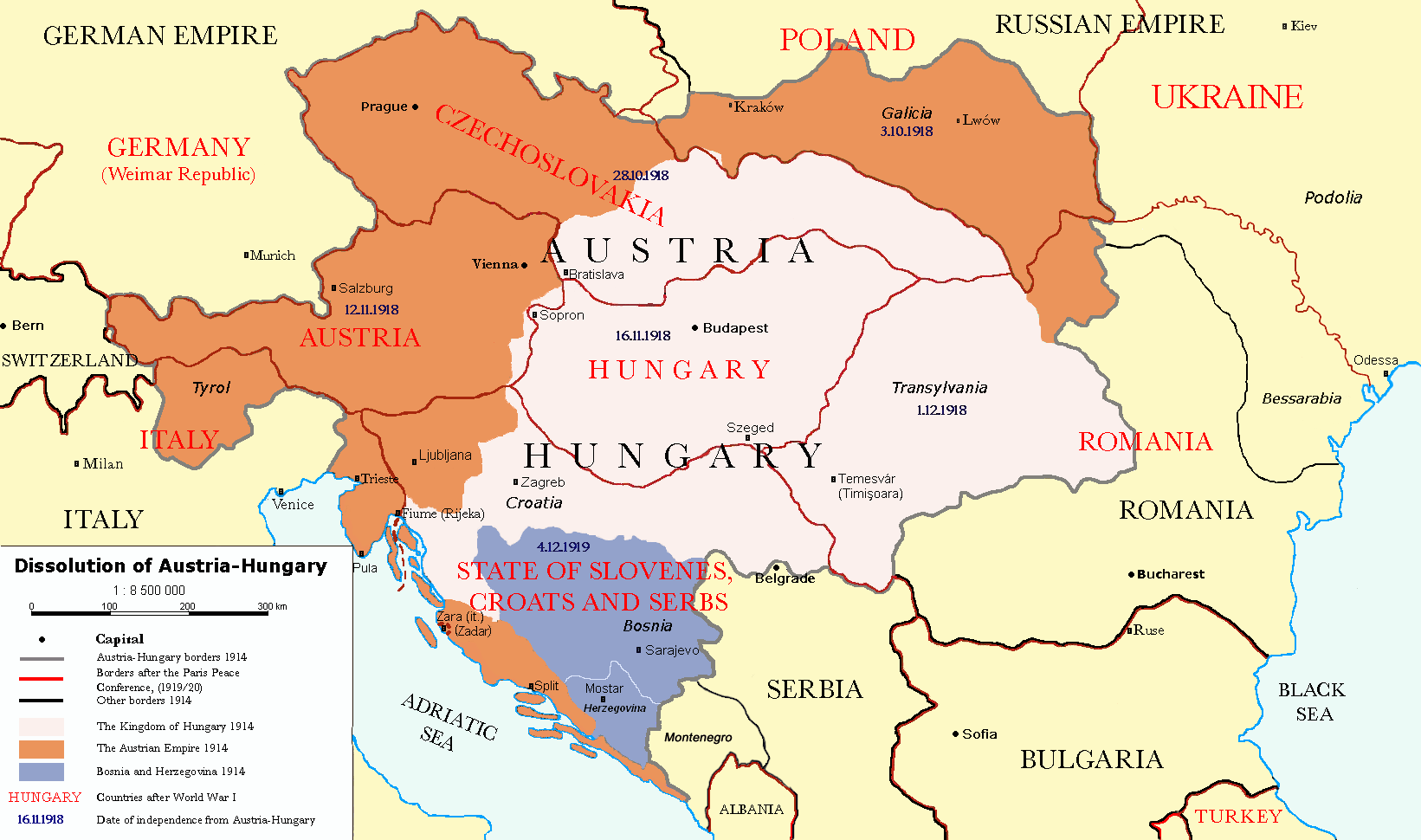I Would Be...
Life in Serbia
If my ancestors did not immigrate to Canada I would be living in either England or Serbia. My maternal roots are in England and my paternal roots are in Serbia, I will be focusing on my Serbian roots.
Both my grandfather and grandmother immigrated from what was then called Yugoslavia (which is now several independent nations, Serbia being one of them) to Canada. My grandparents reason for leaving Serbia was WWII. My grandmother, Sofija Maodus, lost both of her parents in Divoselo, Yugoslavia. Around this time she also lost her younger brother to the war. After spending 4 years in a refugee camp in Egypt she immigrated to Canada in 1947. My grandfather, Milan Maodus, left Serbia after WWII ended. Before WWII he served with the Yugoslavian Border Guard, during WWII he served with the Chetniks until 1943, then with the Royal Yugoslav Navy PT Boats under British Command until the end of WWII. He then came to Canada to start a better life in a non- war torn country. My grandfather and grandmother met each other in Canada and began their new life together.
One of the boats my grandfather would have fought
on while serving in the Royal Yugoslav Navy.
If I were living in Serbian today the cost of living would be about 50.22% lower than in Canada. Rent in Serbia is about 75.24% lower than in Canada. The level of crime in Serbia is moderately low, being only 38.24. The healthcare system in Serbia is basically the same as ours, being "free" but having a large amount of our taxes contributing to it. In terms of pollution Serbia has very low levels of air, water, noise, and light pollution. Education in Serbia is also very similar to Canada's, the only differences being children start when they're 7 years of age and graduate at 19 years of age. Serbia has 17 universities, 8 public and 9 private. Serbian citizens can study at public universities for free while the tuition costs for the private universities vary. Overall, life in Serbia wouldn't be drastically different from life in Canada. I hope to one day travel to Serbia to experience the way of life there and learn more about my heritage.
Works Cited
“Education in Serbia.” Wikipedia. N.p., n.d. Web. 9 June 2016. <https://en.wikipedia.org/wiki/Education_in_Serbia>.
“Milan MAODUS Obituary.” Legacy. N.p., n.d. Web. 9 June 2016. <http://www.legacy.com/obituaries/windsorstar/obituary.aspx?n=milan-maodus&pid=19193524>.
Navy Boats. The Auxiliary Navy of the Basque Country. N.p., n.d. Web. 9 June 2016. <http://www.marinavasca.eu/en/ficha-otras-marinas-auxiliares.php?id=43>.
“Quality of Life in Serbia.” Numbeo. N.p., n.d. Web. 9 June 2016. <http://www.numbeo.com/quality-of-life/country_result.jsp?country=Serbia>.
“Serbia, Map.” Enclycopedia Britannica. N.p., n.d. Web. 9 June 2016. <http://www.britannica.com/place/Serbia/images-videos>.
“Sofija MAODUS Obituary.” Legacy. N.p., n.d. Web. 9 June 2016. <http://www.legacy.com/obituaries/windsorstar/obituary.aspx?pid=156891519>.












